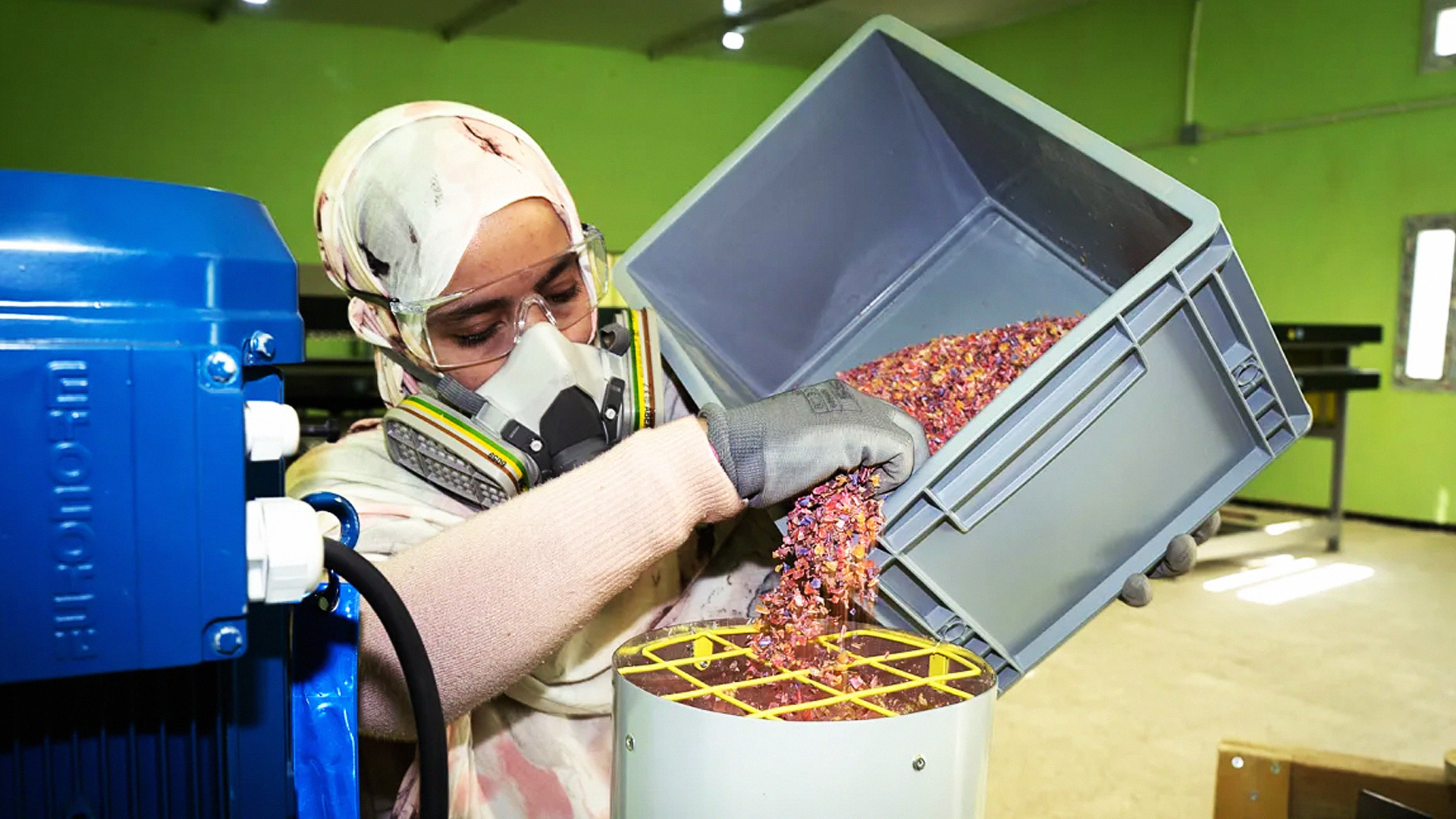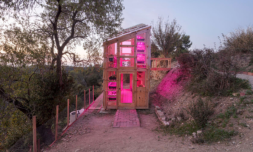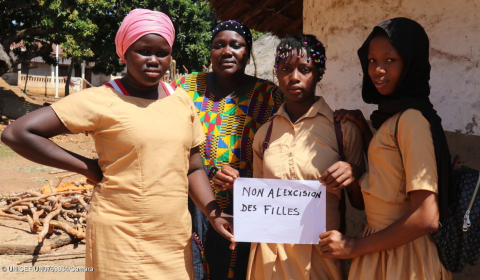The Sahara Desert has become a central dumping ground for plastic waste from surrounding refugee camps. One of which, on the western border of Algeria, is making a dent in the trash by recycling it into furniture and useful items.
Like a lot of places around the globe, the Sahara Desert is chock full of plastic waste.
You’ll no doubt have seen documentaries and movies showing its majestic sandy dunes stretching some 9m kilometres, but you probably hadn’t heard about its growing expanses of throwaway plastic.
Without many alternatives to speak of, refugee camps in surrounding areas have been resigned to disposing of their waste within remote desert areas for some time. Many of them house tens of thousands of people at once, meaning the packaging from humanitarian supplies quickly adds up and doesn’t really have anywhere to go.
In a bid to begin addressing the problem, the UN Refugee Agency put out a call last year for solutions to begin recycling effectively throughout the region. ‘They were looking for a way to solve two problems,’ said Joseph Klatt, managing director at Precious Plastic – which answered the call.
“It’s now or never, if we want to limit global warming to 1.5°C (2.7°F).” – #IPCC Working Group III Co-Chair Jim Skea on the release of IPCC’s latest #ClimateReport on the mitigation of #climatechange.
Watch the trailer 🎥 pic.twitter.com/rGbeuzLf9p
— IPCC (@IPCC_CH) April 4, 2022
He outlined how the UN was first searching for a way of dealing with high unemployment rates within camps, while simultaneously tackling the waste challenge. As he put it, ‘processing plastic and providing some economic activity for the refugees.’




















